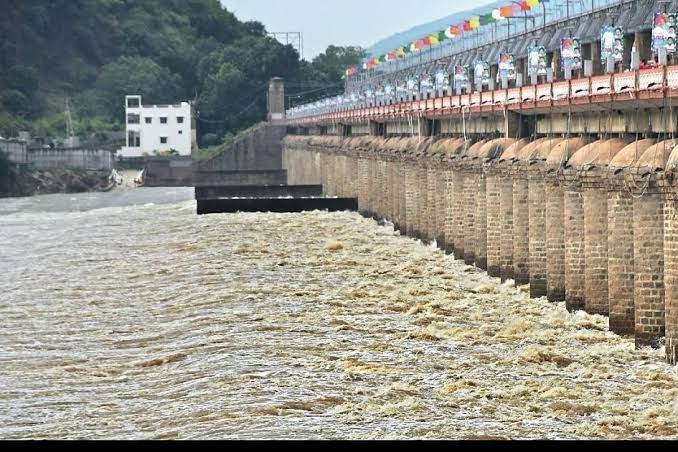By the rivers of Babylon. Where we sat down. Where we wept.
So goes the famous Boney M number of the 1970s. The weeping in that context had biblical connotations. However, going by the current state of affairs, there may soon come a time when the outcry will be for the river itself.
Ironically, a resource regarded as the cradle of civilisation has been neglected and disregarded in many parts of the world. The concerns with pollution in Indian rivers are not new.
However, even in developed countries like Germany, chemicals and river engineering have damaged nearly ninety per cent of the country’s freshwater.
As the Hon’ble Prime Minister explained about the Neem River during Mann ki Baat. Talking about the rejuvenation effort, PM Modi said, “Here, is river called Neem once flowed but it disappeared into oblivion, recently, they decided to revive this natural heritage, and due to collective efforts of people, the Neem River has started flowing again. The point of origin is also being developed as Amrit Sarovar. Rivers, canals and lakes are not only water resources, but life’s myriad hues and emotions are also associated with them.”
In this spirit, we need to take a moment and reflect on our approach to river management, particularly in urban contexts. Are the current management practices sound enough to deliver the expected results? Or is there something we are missing?
The answers to these questions highlight a critical issue.
Somehow, we have equated urban river management with pollution control over the years. It is as if the two were synonymous. Urban river management is much more than merely preventing sewage flow into rivers. It is all about maintaining the wholesomeness of rivers and creating an environment that enables the river to thrive and perform its natural functions, including providing vital ecosystem services.
This is the new thinking and evolution India needs for managing its urban rivers. The time has come to transition from a pure pollution control-driven approach to aspiring for holistic river management that addresses the triple bottom line of social, economic, and environmental considerations.
So, what does this new thinking
entail?
First, a fundamental prerequisite to embracing this new thinking is understanding and appreciating that an urban river is a system of interconnected elements and stakeholders. Managing the river is operating this system. Driving this system will require transdisciplinary thinking and knowledge⎯ from hydrology to engineering, landscape architecture, economics, social science, etc. This is a vital skill set that officials in charge of river management will need to cultivate and adopt. This knowledge will equip these officials to prepare holistic and sustainable plans for the management of rivers.
Second, because multiple stakeholders are associated with managing an urban river, the need for coordination and cooperation among these stakeholders becomes even more accentuated. This, of course, is easier said than done. And has been the bane of the problem of several significant initiatives in Indian cities. But it must be done. A good starting point could be to institutionalise a Forum for such stakeholders to convene periodically under the aegis of the apex administrator to exchange information and knowledge. Melbourne organises such stakeholder workshops every six months. Earlier this year, the Delhi Water Forum was also set up with a similar aspiration. This is an important mechanism where stakeholders have the opportunity to understand each other’s perspectives and, at best, strengthen synergies between mandates.
Third, as with any form of new thinking, learning from each other accelerates the uptake of the novel approach and catalyses the translation of aspirations into reality. As cities practise holistic river management, there is a good scope for cross-learning. India’s River Cities Alliance, launched in November 2021, was established for precisely this purpose. The Alliance started with 30 cities and currently has over 140 member cities. These numbers are essential. But even more critical in the coming days will be the interaction these cities have with each other that will hopefully pave the way for implementing innovative and unique solutions for urban river management.
Fourth, it is entirely fallacious to consider urban river management solely a government endeavour. Citizens are equal stakeholders in the journey. With growing environmental awareness, the good news is that citizens want to be part of this journey.
There are numerous examples from Aurangabad, Jalgaon, Pune, Bhubaneshwar, and Mumbai, where citizens have taken on the onus of responsibility for improving the condition of urban rivers. Going forward, such citizen-government collaborative models will be necessary rather than a luxury.
Socrates once famously remarked, “The secret of change is to focus all of your energy not on fighting the old but on building the new”. This, in so many ways, is apt for urban river management today. River cities are unique. Embracing new thinking for managing urban rivers is vital to ensure they remain exceptional.
Victor R. Shinde is the head for Climate Centre for Cities at National Institute of Urban Affairs and Hitesh Vaidya is the director at National Institute of Urban Affairs

